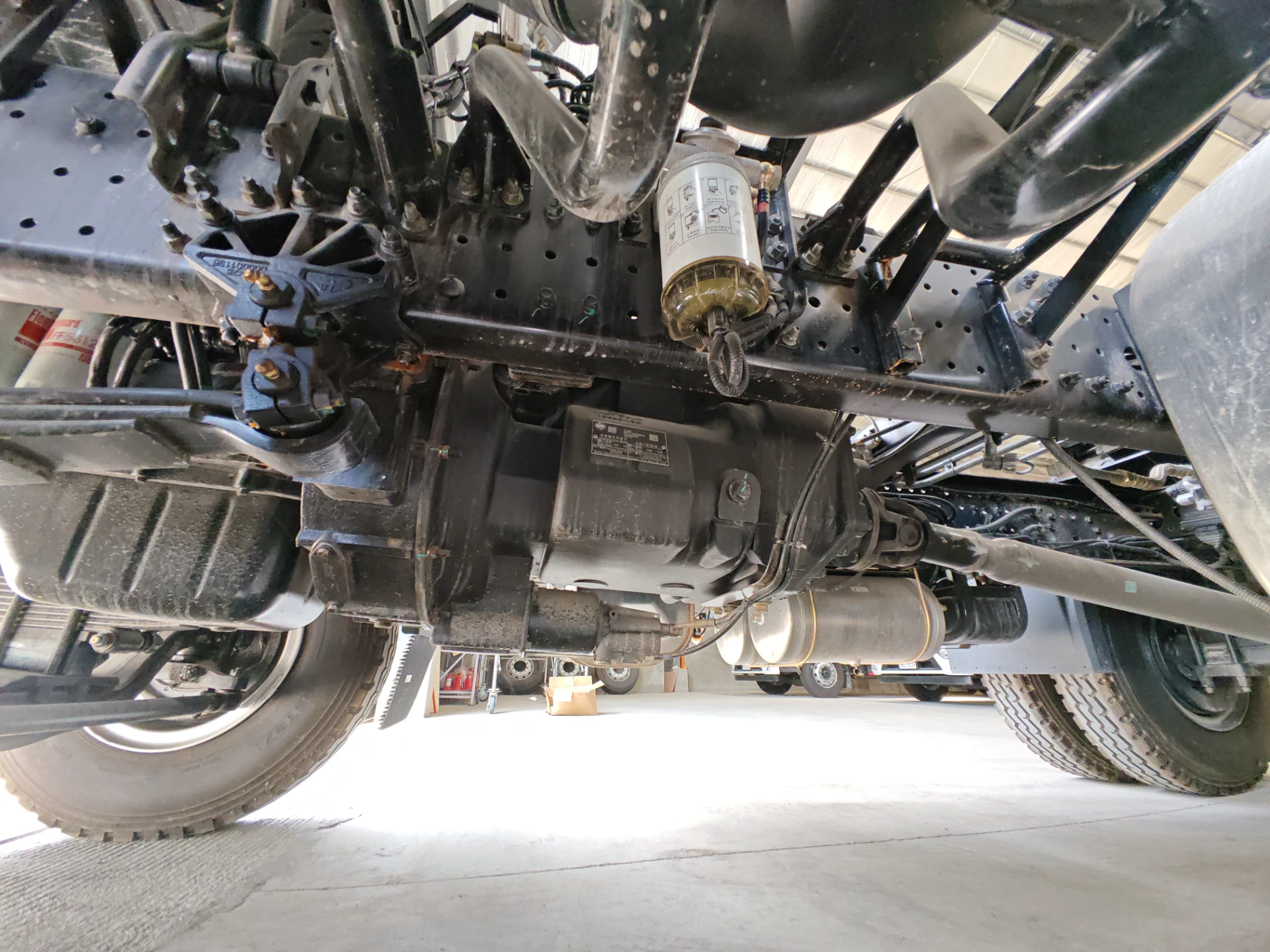transmission oil leak
Understanding Transmission Oil Leaks Causes, Symptoms, and Solutions
Transmission oil leaks can be a significant concern for vehicle owners, as they can lead to serious and costly issues if not addressed promptly. Understanding the causes, symptoms, and solutions related to transmission oil leaks is crucial in keeping your vehicle in good working order. This article will cover these aspects in detail to help you better manage any potential issues with your vehicle’s transmission system.
What is Transmission Oil?
Transmission oil, or transmission fluid, is a lubricant that plays a critical role in the operation of a vehicle’s transmission system. It helps to cool and lubricate the various components within the transmission, ensuring smooth shifting and efficient operation. Additionally, transmission fluid serves as a hydraulic fluid that allows the transmission to engage and disengage gears. Over time, this fluid can degrade, and if there is a leak, it can lead to a decrease in performance and potential damage to the transmission.
Common Causes of Transmission Oil Leaks
1. Worn Seals and Gaskets Over time, the seals and gaskets that keep transmission fluid contained can wear out or become brittle. This is especially common in older vehicles. When this happens, fluid can escape, leading to leaks.
2. Damaged Transmission Pan The transmission pan is where the fluid is stored. If this pan becomes damaged due to impact, rust, or corrosion, it can develop holes or cracks, causing fluid to leak.
3. Loose or Broken Fittings The hoses and fittings that connect various parts of the transmission to the vehicle can become loose or even break. This may happen due to age, wear and tear, or improper installation.
4. Overfilled Transmission Fluid Having too much transmission fluid can lead to increased pressure within the system, causing seals to fail and resulting in leaks.
5. Transmission Cooler Issues If your vehicle has a transmission cooler, a leak can occur in the lines that transport fluid to and from the cooler. Corrosion, wear, or damage can cause these lines to leak transmission fluid.
Symptoms of Transmission Oil Leaks
Detecting a transmission oil leak early can save you from costly repairs. Here are some common symptoms to watch out for
transmission oil leak

1. Puddles Under the Vehicle One of the most obvious signs of a transmission leak is seeing puddles or spots of reddish or brownish fluid beneath the vehicle. Transmission fluid typically has a distinct reddish hue but can appear darker as it ages.
2. Transmission Slipping If your vehicle's transmission seems to slip or hesitate when shifting gears, this can indicate low fluid levels due to a leak.
3. Warning Lights Some vehicles are equipped with warning systems that alert drivers to issues with the transmission. If the transmission warning light on your dashboard illuminates, it could be a sign of a leak or another related problem.
4. Unusual Noises Low transmission fluid can lead to grinding or whining noises during gear shifts. If you notice any strange sounds coming from your vehicle, it’s essential to investigate further.
5. Burning Smell If you smell something burning, it may be a sign that your transmission fluid is low and overheating due to leaks or degradation.
Solutions for Transmission Oil Leaks
If you suspect you have a transmission oil leak, taking immediate action is important. Here are steps you can take
1. Check Fluid Levels Use the dipstick to check your transmission fluid level. If it’s low, adding fluid may temporarily alleviate issues, but you should still inspect for leaks.
2. Inspect For Leaks Look under your vehicle for signs of leaks or stains. Examine seals, gaskets, and hoses for damage.
3. Consult a Mechanic If you’re unable to pinpoint the source of the leak, it’s best to consult a professional mechanic. They can perform a thorough inspection and suggest the right repairs.
4. Regular Maintenance Preventive maintenance is key. Regularly checking fluid levels, changing the fluid, and inspecting seals and gaskets can prevent leaks from developing.
In conclusion, transmission oil leaks are not something to ignore. Being proactive about maintenance and addressing symptoms promptly can save you from significant repairs and extend the life of your vehicle. Regular checks and working with a trusted mechanic are vital for keeping your transmission and overall vehicle in top condition.
-
2BFY Traction Series Grain Fertilizer Seeder-Chenyang Group|Precision Farming,Agricultural MachineryNewsJul.30,2025
-
2BFY Traction Series Grain Fertilizer Seeder-Chenyang Group|Precision Farming SolutionsNewsJul.30,2025
-
2BFY Traction Series Grain Fertilizer Seeder-Chenyang Group:Integrated Seeding&FertilizingNewsJul.30,2025
-
2BFY Traction Series Grain Fertilizer Seeder - Chenyang Group|Integrated Seeding,FertilizingNewsJul.30,2025
-
2BFY Traction Series Grain Fertilizer Seeder-Chenyang Group|Integrated Seeding&FertilizingNewsJul.30,2025
-
Grain Fertilizer Seeder-Chenyang Group|Precision&EfficiencyNewsJul.30,2025
Popular products

























